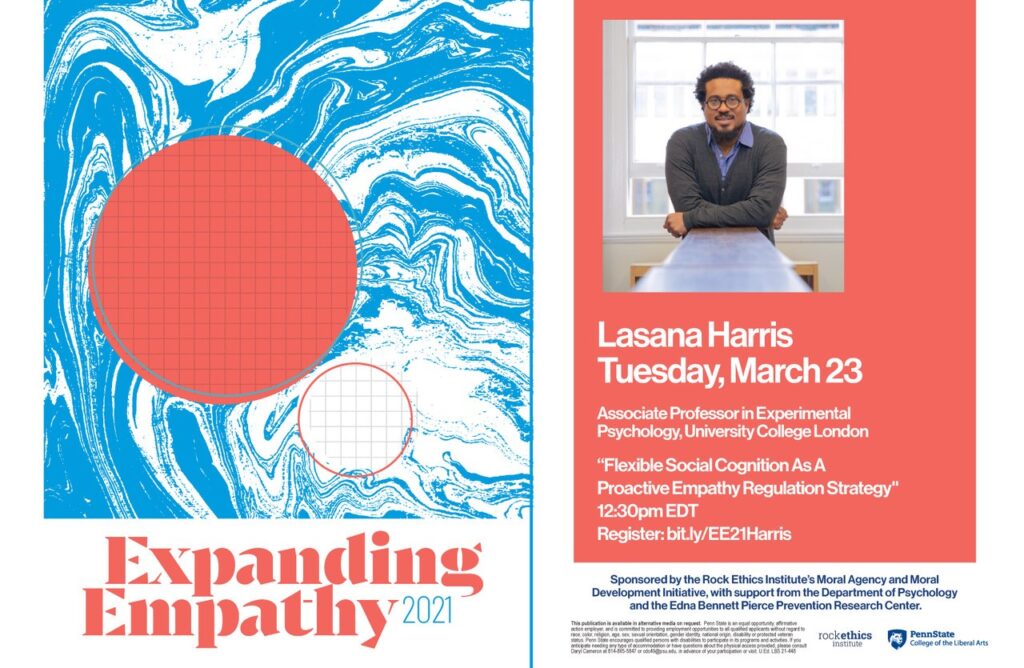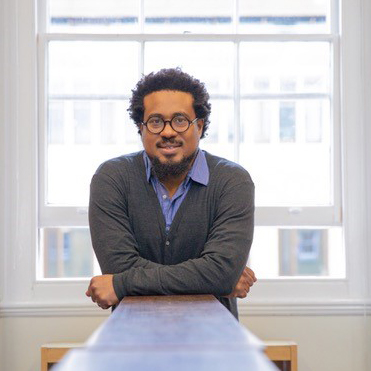Expanding Empathy Lecture Series: Lasana Harris
Flexible Social Cognition
as a Proactive Empathy Regulation Strategy
Abstract: Lay opinions of empathy surround its benefits, motivating pro-social behaviour, promoting human connection, and relieving human suffering. However, empathy appears a curse of contradictions: useful for the target, but harmful to the perceiver given the experience of empathy is unpleasant. Empathy has been linked to burnout in health-care professionals, despite the fact that it is rewarded during recruitment and training. Urban legends often tell of a hidden curriculum in medical training, where students are taught how to regulate empathic responses. Here, I discuss the regulation of empathy in medical professionals via flexible social cognition. I present behavioural evidence linking empathy, mentalising processes and burnout in healthcare professions, as well as causal evidence that the social context can determine whether empathy impacts behaviour. I use this evidence to argue that flexible social cognition theory predicts when empathy relieves, and renders human suffering.
Lasana Harris’s research uses a social neuroscience approach to explore the neural correlates of person perception, prejudice, dehumanization, anthropomorphism, social learning, social emotions, empathy, and punishment. This research addresses questions such as: How do we see people as less than human, and non human objects as human beings? How do we modulate affective responses to people? How do we decide right from wrong? By combining social psychology, affective and cognitive neuroscience with philosophy of mind, developmental psychology, evolutionary anthropology, economics, law and policy, this research focus is a comprehensive strategy to explore human behavior.
Humanized perception is malleable because people can take away human attributes like mental life from other people, but imbue mental lives to animals and objects that presumably lack minds (like ours); people make internal attributions to objects for behavior just as readily as they do to people. Dr. Harris explores the separate yet overlapping neural networks involved when people make attributions to people, animals and objects. Moreover the lab examines the affective correlates of these processes and their subsequent influence on helping, punishment, and social decision-making.

